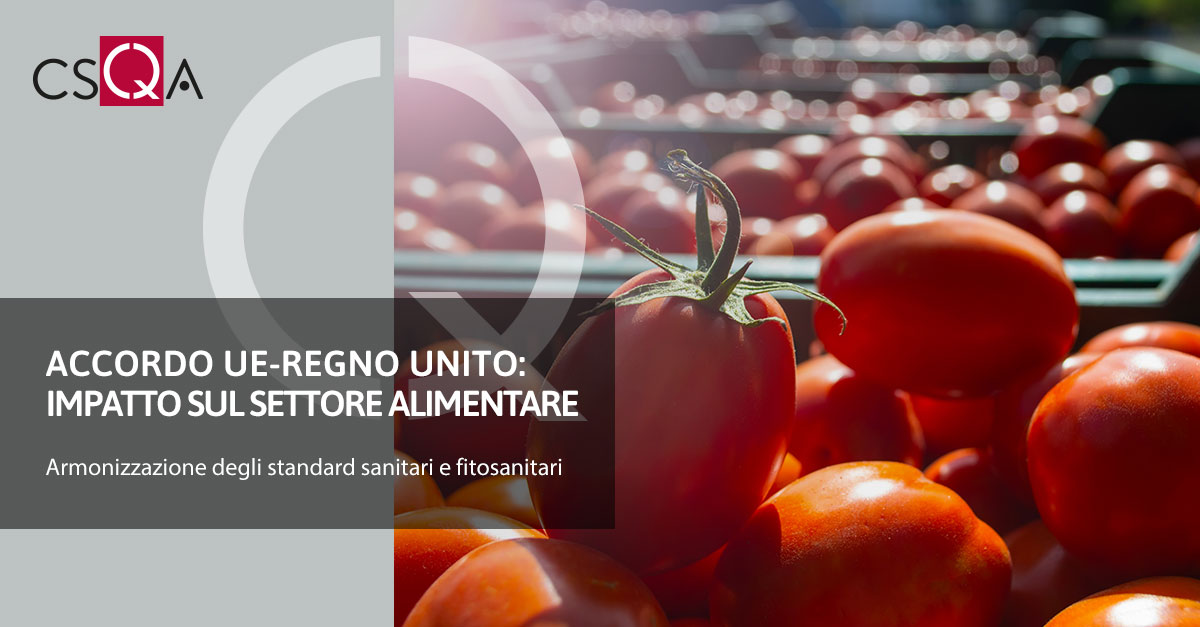 The agreement between the European Union and the United Kingdom has been signed, opening a new phase in post-Brexit relations, with significant implications also for the agri-food front.
The agreement between the European Union and the United Kingdom has been signed, opening a new phase in post-Brexit relations, with significant implications also for the agri-food front.The agreement, which covers several strategic sectors, introduces concrete measures to facilitate trade in food products and improve cooperation in the field of fisheries.
Common standards for freer food
One of the most relevant aspects concerns the harmonization of sanitary and phytosanitary standards.After years of friction over customs controls on meat, dairy and agricultural products, Brussels and London have agreed a technical alignment that should simplify exports and reduce delays at borders.
This step, long awaited by producers and distributors, marks a turning point for the European and British agri-food supply chain.
Fishing, strategic extension until 2038
On the maritime front, the agreement provides for the extension of access for European fishing vessels to UK waters until 2038.In exchange, London will be able to export fish and food products to the EU more easily .
This exchange of concessions aims to stabilize a sector particularly affected by post-Brexit frictions, restoring a balance between supply, demand and the protection of marine resources.
Supply chain and consumers: expected benefits
With the removal of numerous non-tariff barriers, agri-food businesses on both sides of the Channel are once again operating in a more predictable and favourable framework.This could translate into increased trade, greater variety of products in supermarkets and reduced import costs, benefiting consumers.
Towards a new normal
Although there are still some issues to be resolved - such as youth mobility or cooperation on research and training - the agreement represents an important step towards normalising relations.For the agri-food sector, this is a concrete opportunity to return to growth in a climate of stability, transparency and shared rules. (Source: https://cibuslink.it/ )